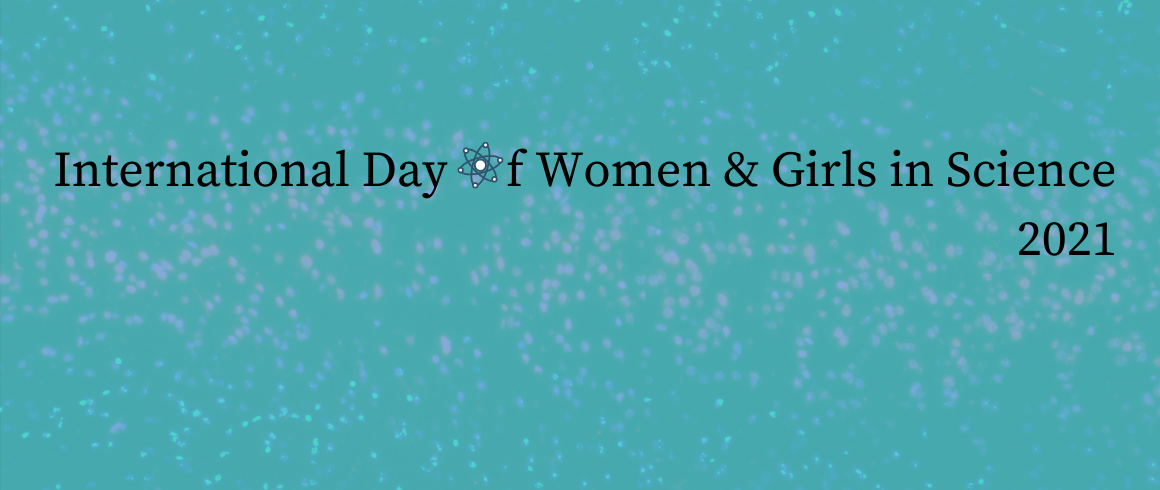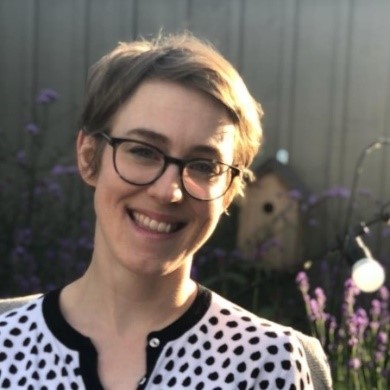International Day of Women and Girls in Science Q&A - Rhian Jones
Rhian Jones (2004) read Natural Sciences at Pembroke, graduating in 2008.
What inspired you to study a STEM degree at university?
I grew up loving the natural world and learning all about it, across lots of different subjects - I just loved the limitless nature of ‘science’, that there was always something new to learn and discover. I also certainly won’t have been alone as a child in the 90s who idolised David Attenborough!
What did/do you love most about your subject?
At university I loved the breadth of learning opportunities across the NatSci tripos, but also how there was almost always a crossover between different subjects and how learning from one could support another. Now in my career, I love that engineering is at the forefront of so many critical issues facing our world and so many projects sit at the intersection of business, politics and science. It offers a worthwhile and meaningful career with endless variety.
What is your current job, and what was your route into it?
I am a Principal Engineer in Atkins (part of the SNC Lavalin Group); I lead a team of Nuclear environmental specialists who deliver technical projects for clients across the nuclear industry (fission, fusion and other advanced reactors). We ensure projects are delivered with due consideration for protection for the environment from radiological impacts. I am also the business’ Professional Head of Discipline for Radiological Environment where I am responsible for driving forward technical development in our discipline and helping others develop their technical skills.
I didn’t intend to become an engineer; I actually had vague plans around pursuing a role in ecology or zoology when I graduated. After 6 months or so of volunteering in that sector I decided to apply for a graduate scheme that could accelerate my development and, on a whim, I applied for an Environment Graduate role on a nuclear graduate programme. 13 years later I am still in the sector, having been able to work on a wide range of projects in the UK and around the world.
What advice would you give other women in STEM?
- No one has all the answers. It took me a long time to realise that to constantly be learning is a huge positive and doesn’t mean you aren’t still able to make a big contribution.
- Your ability to be successful and deliver in STEM industries is also about so much more than just knowledge; a person’s style, communication approach, or abilities with people can make or break a project.
- It is OK to not always have plan. It took me a long time to become comfortable with this. Being less fixed on a path can mean you are open to opportunities and experiences that otherwise you may not have considered.
Do you have a female STEM hero?
Jane Goodall had childhood dreams that she was determined enough to make a reality. She did this with no formal training and at a time when women were not encouraged to pursue, and sometimes actively excluded from, STEM careers. I admire that doggedness and her belief that her studies were worthy of making a valuable contribution. She made important discoveries showing we humans are neither unique nor special in many of our behaviours and abilities. In my view, this played a valuable role in beginning to alter our relationship with the natural world for the better.

